Seeing people with anxiety is very common these days. We all experience anxiety before exams or crucial business conferences when facing danger or first dates or any other important life events.
That’s quite normal (as it occurs due to fear and worry) unless a person shows disproportionate amounts of anxiety to an extent that it tends to interfere with activities of daily living and hampers the quality of life. Unfortunately, anxiety is taking a severe form in this digital era!
In the US. anxiety is the most common mental illness, affecting 40 million adults (age 18 years and above). Every year 18.1% of the population is affected. Although it’s a treatable illness only 36.9% of those suffering are receiving treatment. An estimated 31% of all adults will experience an anxiety disorder at some point in their life. (Anxiety and Depression Association of America, 2020). Currently, coronavirus and lockdown are the major causes of the rising rates of anxiety disorders across the globe.
Related: Coronavirus Anxiety: 5 Things You Can Do To Beat It
What starts as simple stress and restlessness turns to severe anxiety disorder and is caused by a complex set of factors including genetics, personality, life events and brain chemistry.
There are various types of anxiety disorders (that cause more than just worry, and stress) including generalized anxiety disorder (workplace issues or personal health), social anxiety disorder (arising from social interactions), obsessive-compulsive disorder (due to phobia or a specific aspect of life), separation anxiety disorder, and post-traumatic stress disorder (caused by trauma), that can affect people in a range of ways.
There are several myths and misconceptions about anxiety and people with anxiety. While some people think it’s a temporary problem, some think anxiety isn’t a real problem and some presume that people with anxiety are just trying to seek attention, and others think medication is the only solution. Wish to know the truth?
Here’re 11 Things People With Anxiety Want You To Know
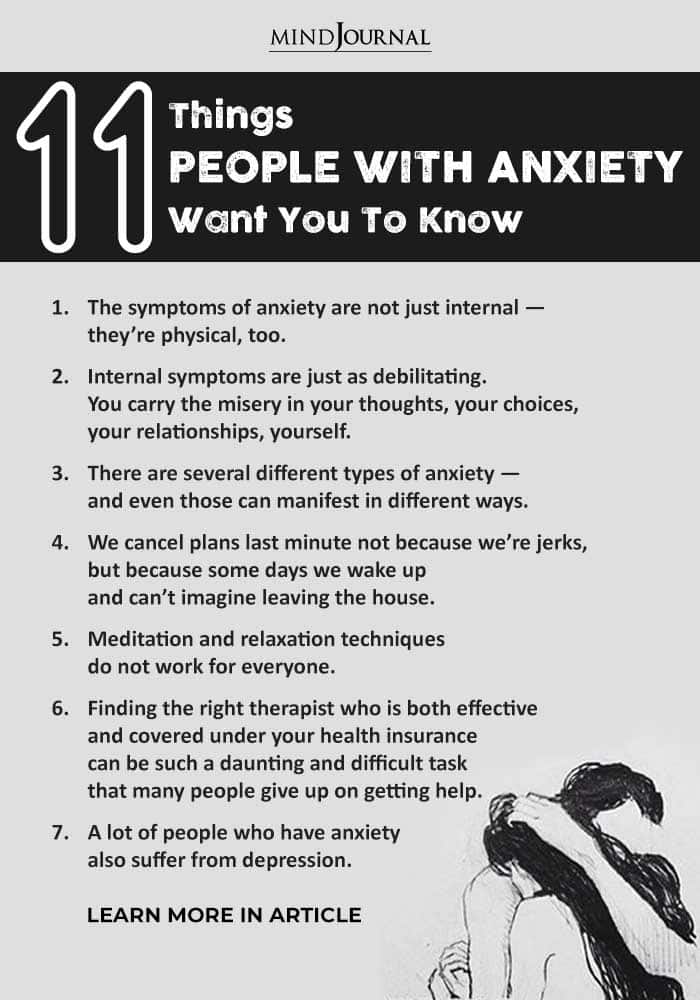
1. The symptoms of anxiety are not just internal — they’re physical, too.
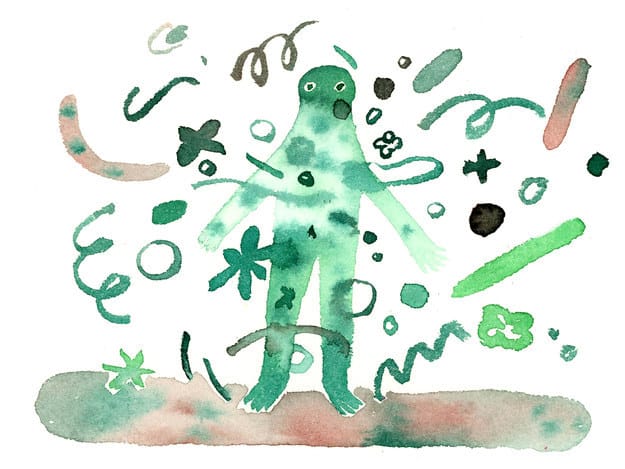
Anxiety can wreak physical havoc on your life in the form of headaches, insomnia, muscle pain, panic attacks, and more.
2. …but internal symptoms are just as debilitating.
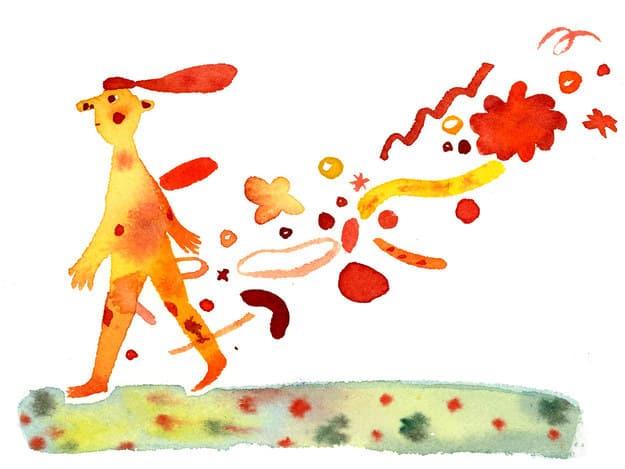
Anxiety is an invisible illness that may not be seen but is certainly felt. When you deal with anxiety, there’s no separating yourself from the symptoms. You carry the misery in your thoughts, your choices, your relationships, yourself. And sometimes, that weight is so heavy that it feels physical.
Related: Stress Triggers and Anxiety by each zodiac sign and how to deal with it
3. There are several different types of anxiety — and even those can manifest in different ways.
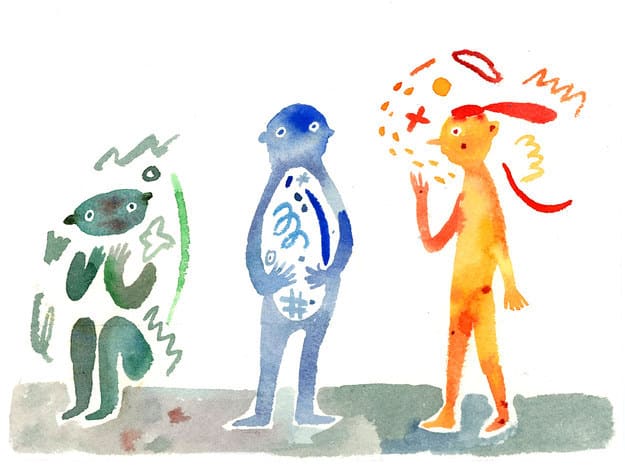
The most common disorders are generalized anxiety disorder, which involves chronic, irrational worry about day-to-day things, and social anxiety disorder, which involves a fear of social situations and other people, whether interacting with them or fearing judgment from them, according to the National Institute of Mental Health. There’s also panic disorder, which involves sudden and repeated attacks of irrational fear (aka panic attacks), plus intense worry between those episodes.
Related: What It Really Means To Break up With Someone With Anxiety Disorder
All that said, even people with the same anxiety disorders experience symptoms differently — so don’t presume to know what someone is going through. Anxiety is not one size fits all.
4. We cancel plans last minute not because we’re jerks, but because some days we wake up and can’t imagine leaving the house.
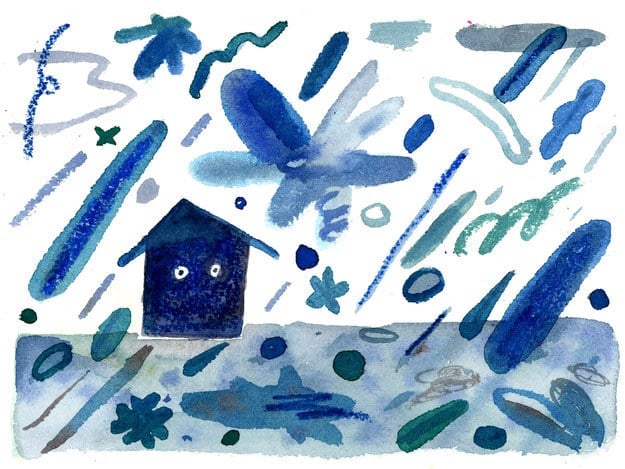
Taking time away from work/friends/obligations doesn’t mean we don’t like being social…it just means sometimes we need a break.
5. Meditation and relaxation techniques do not work for everyone.
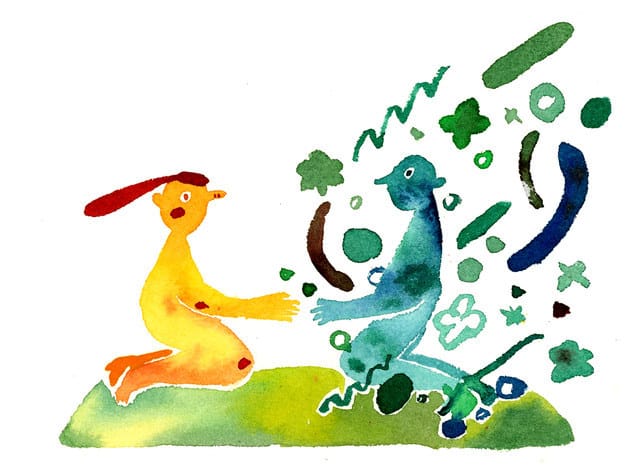
While these techniques sometimes do help alleviate symptoms, suggesting them as a cure-all can be incredibly frustrating for someone with anxiety.
Related: Can Mindfulness Meditation During Coronavirus Outbreak Keep You Safe?
6. Finding the right therapist who is both effective and covered under your health insurance can be such a daunting and difficult task that many people give up on getting help.
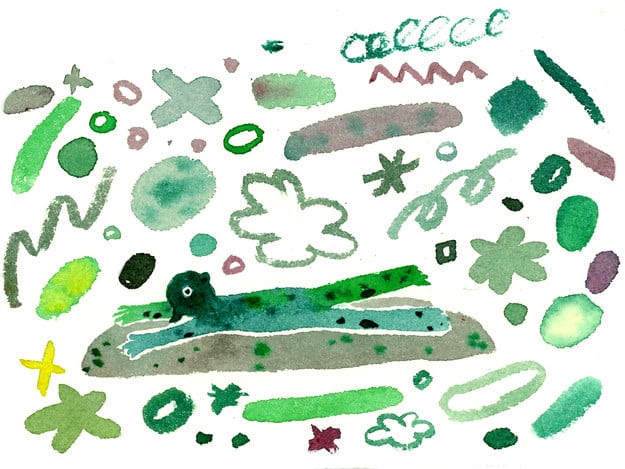
While mental health is partially covered, it’s hard for people without health insurance or who cannot afford co-pays to make their mental health a priority.
7. A lot of people who have anxiety also suffer from depression.
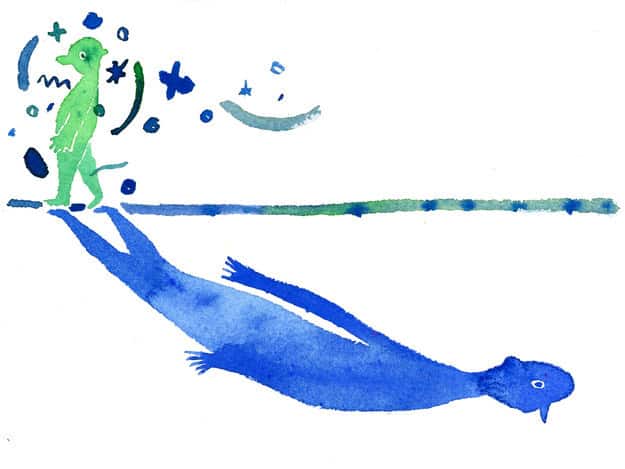
The two exhausting, debilitating struggles can come hand in hand. Nearly one-half of people who are diagnosed with depression also have an anxiety disorder.
Related: Music Therapy for depression – how can it heal you?
8. Requests we make that might make us seem uptight are actually things that make us feel safe.
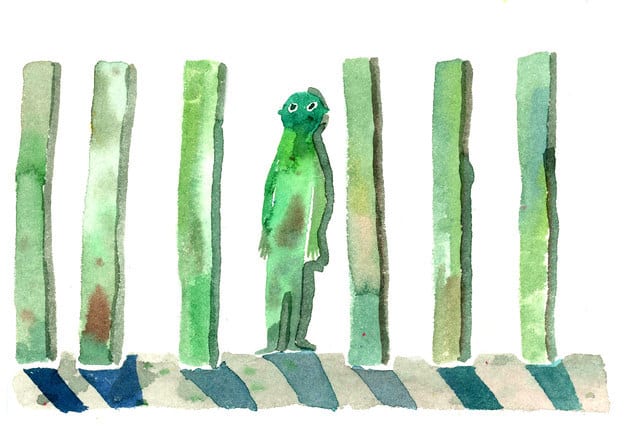
Like if we ask who’s going to be at the party you invited us to or if we want to make an exact plan rather than ~winging~ it. Uncertainty and open-endedness can exacerbate anxiety, so details that seem insignificant are actually huge help.
9. Anxiety can make you question relationships completely irrationally, so please don’t take it personally if we express doubts sometimes.
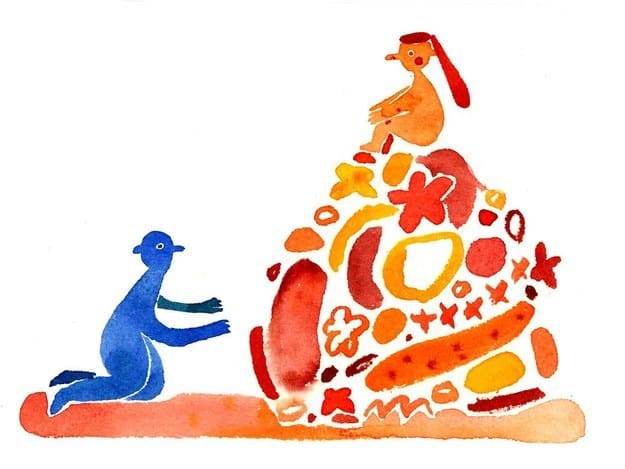
Having anxiety can mean anything from questioning if your friend actually wants you to go to the movies, to wondering if you’re really loved. So reminding us that we’re important to you might seem like it’s obvious…but it’s super important.
10. Anxiety doesn’t need a reason.
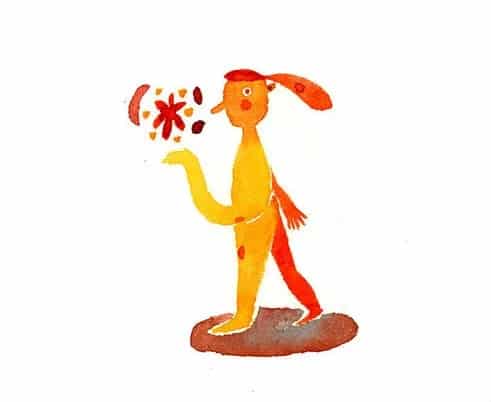
People with anxiety and panic attacks can have a pinpointed cause (like a job interview, exam, or breakup) or they can occur essentially out of thin air. Having anxiety means you might not always be able to understand why you feel the way you do.
11. Suffering from anxiety doesn’t make you weak, and it doesn’t make you damaged goods.
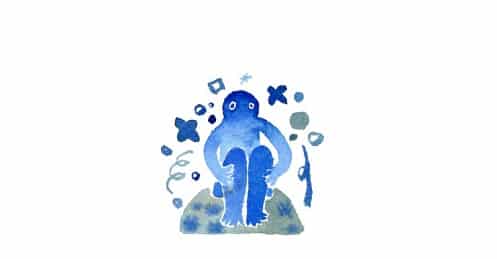
Having anxiety, or any mental illness, doesn’t make you any “less” of a person. It just makes you.
All this week, we’re talking about mental health. If you enjoyed this post, share it with your friends and let us know your thoughts in the comments.
Frequently Asked Questions (Faqs)
Does generalized anxiety disorder go away?
Generalized anxiety disorder doesn’t go away on its own. Instead, it can get worse if you leave it untreated. GAD is treated with medication, psychotherapy, or both.
Is OCD the worst anxiety disorder?
OCD is one of the major types of anxiety disorder and extreme anxiety is called phobia.
How to deal with anxiety and panic attacks?
You can try different types of breathing techniques, yoga, and meditation to put your racing mind to rest. If your anxiety and panic attacks are interfering with your daily function, then please seek professional help.
What is the main difference between generalized anxiety disorder and phobic disorder?
A generalized anxiety disorder is an exaggerated anxiety, worry, or tension about a wide range of situations in a day to day life. On the other hand, a phobia is the fear of a specific situation or an object.
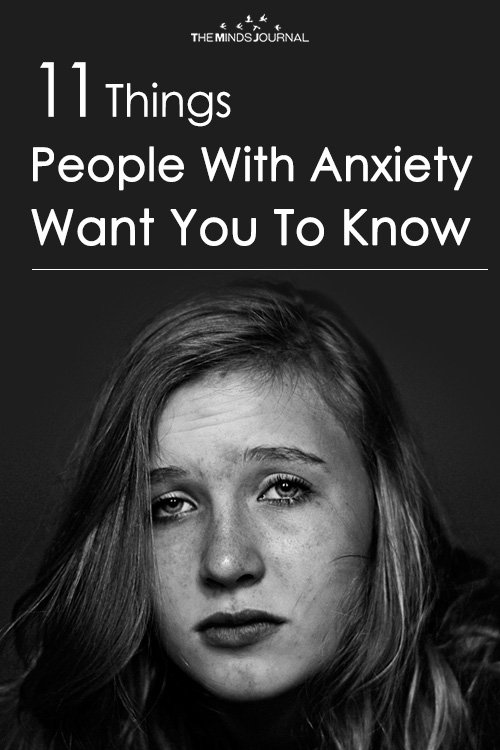










Leave a Reply